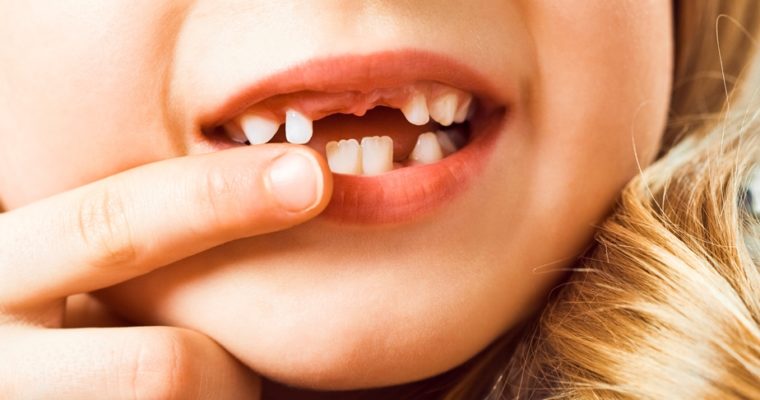Common dental problems with children’s teeth
Like | DoctorBabu | February 13, 2018 | Health children, dental problems, healthy tips, teeth
Your child can grow up cavity-free if you start good dental care early. Babies use their mouth not only for the obvious things, like eating and communicating their needs, but also for expressing feelings, exploring their world, and for their own personal security.
Here are some of the more common things that could have a detrimental effect on your child’s teeth.
1. Dummies and thumb-sucking
Babies have a natural urge to suck their thumb. This urge usually decreases after the age of 6 months. But many babies continue to suck their thumbs to soothe themselves. Thumb-sucking can become a habit in babies and young children who use it to comfort themselves when they feel hungry, afraid, restless or bored.
Children who suck their thumbs often or with great intensity around age 4 or 5, or those who are still sucking their thumbs at age 6, are at risk for dental or speech problems.
Dummies don’t usually cause too many issues but you can sometimes see shape changes of the upper lip with prolonged dummy use.
Problems which may arise from thumb-sucking
- Usually thumb sucking does not cause any dental problems if stopped between 2 to 4 years of age.
- No harm is done to their teeth or jaws until permanent teeth start to erupt.
- The only time it might cause concern is if it goes on beyond 6 to 8 years of age. This habit can also cause the upper central incisors to tip outwards and the lower incisors to tip inside as the thumb rests on them during the course of sucking.
- Sucking puts pressure on the sides of the upper jaw and the soft tissue on the roof of the mouth. As a result, the upper jaw can narrow, causing the teeth to not meet properly from the top to the bottom.
- This often results in a lisp.
- Risk of infection from communicable diseases, due to the simple fact that non-sterile thumbs are covered with infectious agents, as well as many social implications.
- Some children experience social difficulties, as their peers for engaging in what they can consider to be an “immature” habit taunt these children.
- Prolonged finger-sucking also can cause minor physical problems like chapped skin, calluses, and fingernail infections.
Does it affect all children?
Not all children are adversely affected by regular thumb-sucking or frequent use of their dummy, but if you or your oral health professional can see there is a problem with their bite, it’s time to start weaning them off the habit.
When should I wean my child off the dummy or thumb-sucking?
The simple answer is as early as possible. Older habits are harder to break, as we all know.
Recommendations from dental experts suggest that you start weaning your child off sucking their thumb or using a dummy as soon as possible, ideally before the age of three.
Many of the early signs of tooth, lip or jaw shape changes may self-correct if the habit is discontinued before four years of age.
Dummies and tooth decay
Remember to follow good hygiene procedures when using dummies to help prevent tooth decay.
As well as affecting a child’s teeth and bite, dummies can cause serious and rapid tooth decay if they are dipped in sugary substances such as honey, jam, sugar, condensed milk or vitamin C syrups.
If you suck your child’s dummy to clean it, there is also a risk of tooth decay by transferring bacteria from your mouth to that of your child.
2. Nail-biting or pencil-chewing
Habits such as these may also affect the alignment of a growing child’s teeth, but not to the same extent as thumb-sucking, as they are not as frequent or done over long periods of time.
However, it is a good idea to discourage your child from biting their nails or chewing pencils.
3. The bedtime bottle
Baby bottle tooth decay is caused by the frequent and long-term exposure of a child’s teeth to liquids containing sugars. Every time a child consumes a sugary liquid, acid attacks the teeth and gums. After numerous attacks, tooth decay can begin.
If you put your child to bed with a bottle, experts advise the bottle contains nothing but water – your child does not need nourishment during the night.
4. Dentist can help too
Dentists are trained to keep you healthy, not just treat you when you are sick.
Many dentists have a particular interest in kids’ dentistry and some even specialise in it.
Talk to your child’s dentist, who may recommend inserting a device in the child’s mouth that prevents sucking. These oral appliances go by names like “palatal bar” and “crib” and come in fixed and removable versions.
If the problem seems particularly resistant to treatment, this may be a signal that your child is troubled about a deeper problem. In this case, you may want to seek the advice of a child psychiatrist.

Leave a Reply